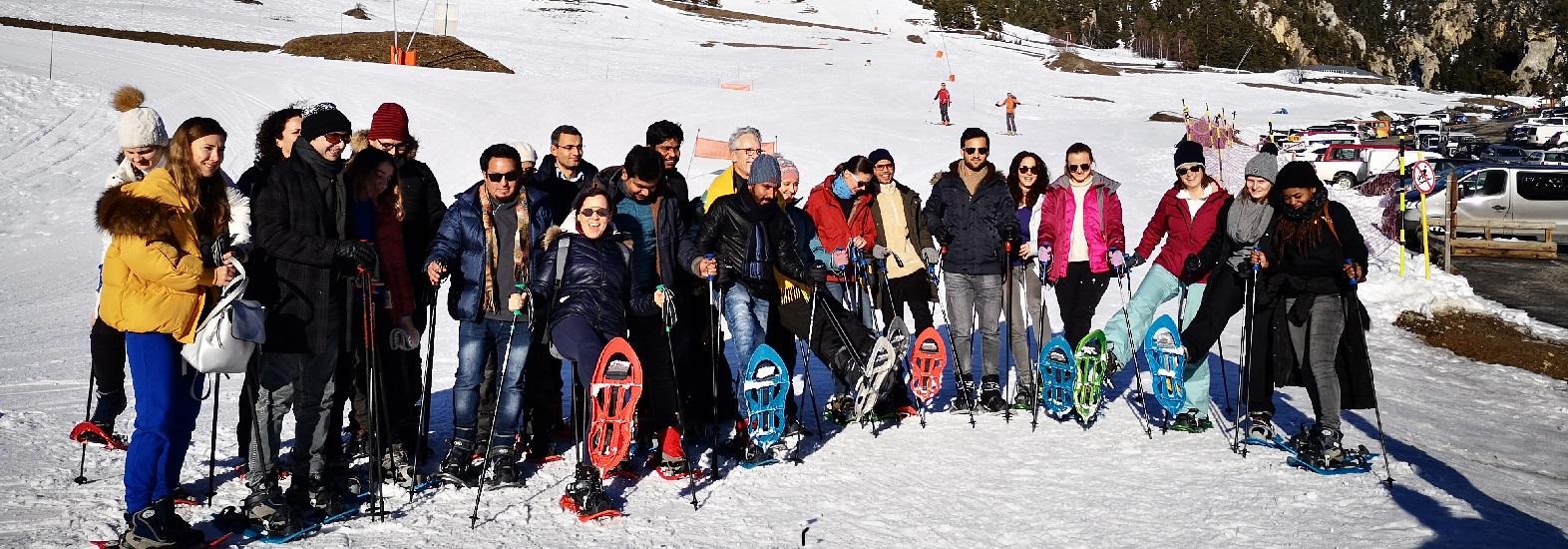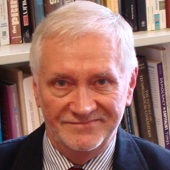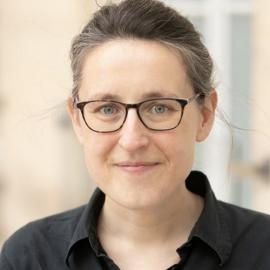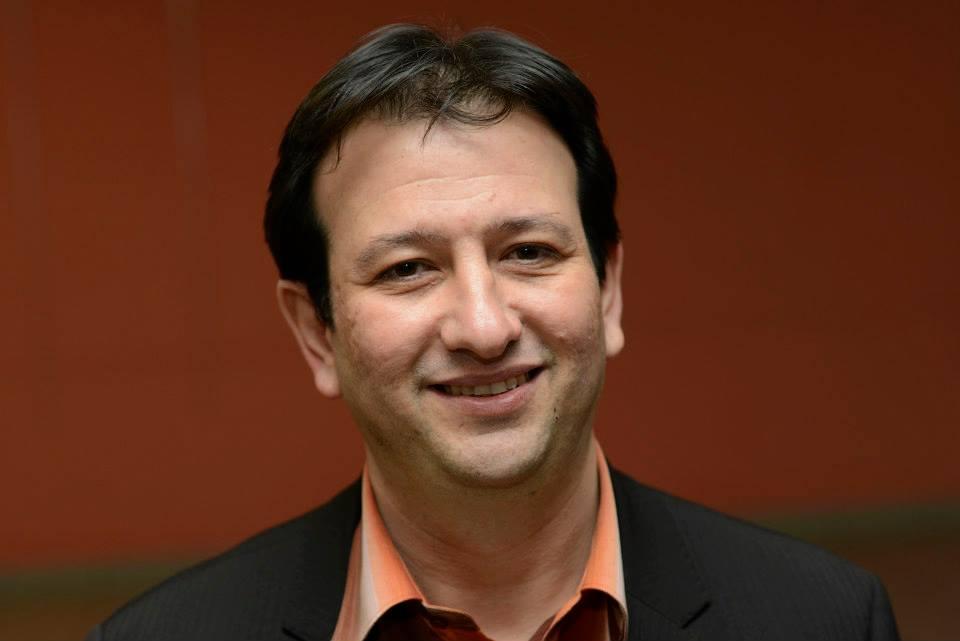Thank you for your message. The IPPA team will get back to you shortly. You first need to login here.

Courses
Full day
Frank Fischer(Humboldt University in Berlin)
Course 1: The Public Policy Process in Critical Perspective: Comparing Mainstream Policy Science and Deliberative Approaches (5 days course)
This course and the corresponding workshops examine the theory of the public policy process, with an emphasis on political, conceptual and methodological issues. It begins with an exploration of the evolution of theory development in public policy studies, including an emphasis on the interplay among competing analytical criteria--efficiency, equity and legitimacy—in policy decision processes. The discussion then turns to an investigation of each phase of the policymaking process, from the politics of agenda setting (emphasizing interest group competition, parties, movements and the media), policy formulation (focused on policy advice, cost-benefit analysis and epistemic policy communities), policy decision-making and adoption (concerned with state imperatives and models of power), implementation (dealing with policy design, bureaucratic politics, and program recipients), and policy evaluation and learning (comparing technocratic versus constructivist and collaborative approaches). In the process, the courses give special attention to the kinds of knowledge and inquiry appropriate to each phase of the policy process. At various points, it also considers the role of methodological approaches and theoretical models, including the advocacy coalition model, rational choice theory, the liberal-institutional perspective, the discourse approach, and the deliberative-orientation “argumentative turn.” Contemporary methodological debates between quantitative and qualitative approaches to policy inquiry are also explored.
Charlotte Halpern(Institut d'Etudes Politiques de Paris (Sciences Po))
Course 2: Policy Coordination (4 days course - Monday to Thursday)
Policy coordination - across policy domains, across levels of governments, across policy stages - constitutes a major challenge for policy analysts as well as for practitioners. Yet public policies are usually discussed one by one, and in practice, policy coordination is often extremely difficult to achieve. Drawing on the methods and tools available in the public policy literature, as well as on specific case studies, this course will examine the reasons for promoting greater coordination, highlight the barriers preventing such coordination, and explore the various mechanisms through which policy coordination may contribute to more effective political capacities. Lectures will be complemented by case study discussions during workshops.
Philippe Zittoun(ENTPE - Ecole de l'aménagement durable des territoires)
Course 3: Qualitative Methods and Qualitative Interviewing to study Policy-Making Processes by Philippe Zittoun(5 days course)
This course focuses on how to design and to conduct a Qualitative Research. While qualitative research is one of the most common methods used to study the Policy Process, the techniques used to design and conduct qualitative research including observation, qualitative interview, Analysis of documents, reports, media are generally based on weak reflexivity and poor know-how. The main idea of this course is to discuss the epistemological foundation of the different kind of qualitative methods like interview such as “semi-structured”, “focused”, “ethnographic”, “non-directive” and “open-ended”, on the multiple biases that interviewer must consider but also on the multiple techniques and tricks which can be used. An interactive focus on the multiple techniques to obtain, prepare, and to design qualitative methods will be supported by case studies and sequences of interviewing simulation following by a collective analysis.
Philippe Zittoun(ENTPE - Ecole de l'aménagement durable des territoires)
Course 4: Studying Policy Process with Constructivist, Pragmatic and Qualitative Approaches by Philippe Zittoun(5 days course)
This course focuses on how to study Policy Processes by mobilising different qualitative perspectives, from Constructivist to Pragmatic Approaches. Its main objective is to identify and discuss how we can empirically and methodologically grasp the policy process by observing and defining the struggles around the problem but also around the meaning of proposed solutions. Special attention will be paid to the building of coalitions, existing powerful dimensions, and the solutions to the different challenges encountered along their path. Why do some solutions manage to make it to the decision-making process whereas others fail? Under what conditions and at what price do solutions make it to the solution agenda? How do some actors succeed in "domesticating" "wicked" problems? First, this course will explore the career of a public problem, from emergence to agenda-setting. Second, it will explore the career of the proposal as it passes through different areas such as bureaucracy, the advice system, and the political arena. Policy problems and solutions will be observed on the basis of three games: the game of language where a statement takes on meaning and becomes a problem/solution, the game of actors where this definition is stabilized through coalition building, and the game of power through the formation of multiple levels of power. The course will draw on the studies undertaken by key authors in the field and will explore how they perceive the political dimension in the policy process. It will also propose different concepts and approaches to help grasp the policy process from a different perspective.







